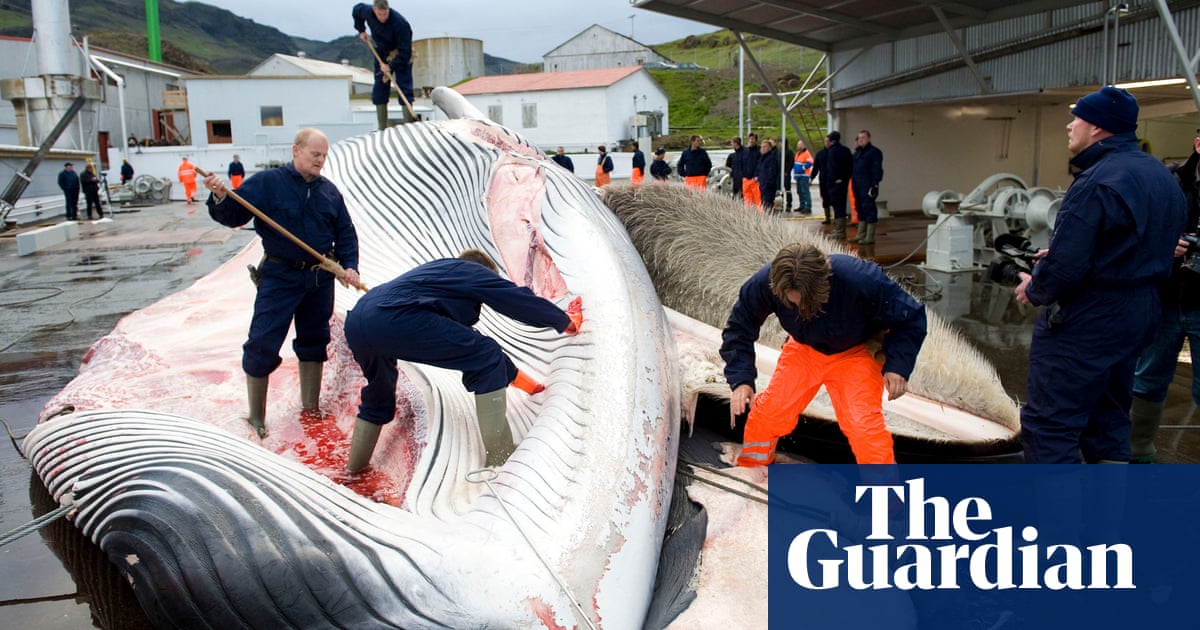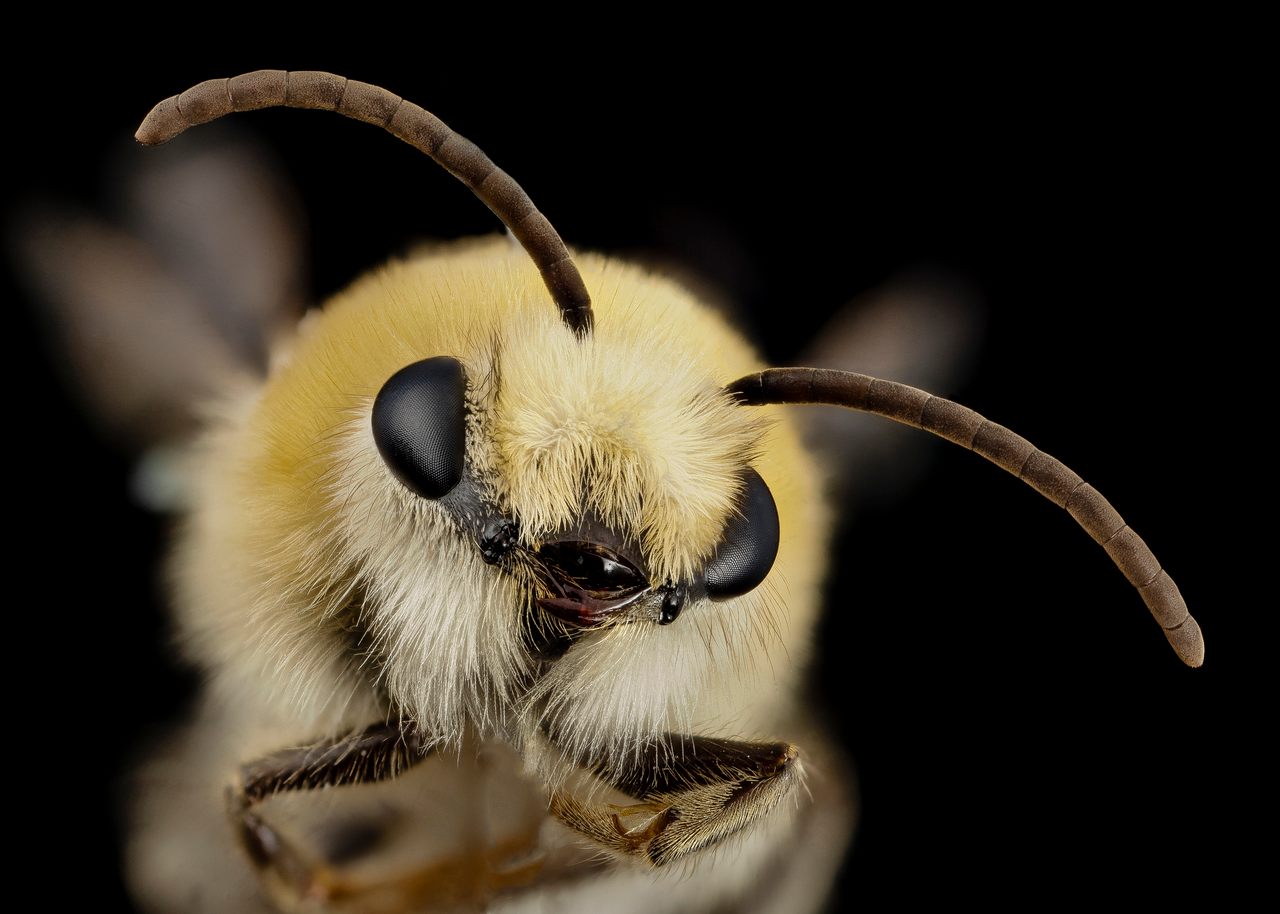Oh there’s only like 200 whales left, might as well finish them off - icelandic gov.
Minke has a minimum population estimate of 17000, so you are a bit off there. https://media.fisheries.noaa.gov/2022-08/Com Minke Whale-Can E Coast Stock_SAR 2021.pdf
Good job their industry doesn’t kill 217 per year guaranteeing its pathway to extinction then!
Come on, it was fucking obvious the prior user was doing hyperbole why did you feel the need to do a smarmy correction? Extremely reddit behaviour.
Yes, correcting hyperbole with relevant information is bad, actually.
Yes? It’s a rhetorical technique, you don’t need to correct something everyone already knows is an exaggeration for effect. It’s socially inept comic book guy behaviour that is ridiculed in so many different ways.


You don’t need to correct something everyone already knows is an exaggeration (and I agree it doesn’t seem very socially aware to do so) but this is a political discussion on the internet, so
- Everyone does not know the original figure is an exaggeration, especially by how much
- Providing the actual information ads value to the conversation and in this context this is more important than whether the commenter comes off as smarmy or socially inept
What if they said “Hey I know you’re being hyperbolic, but for anyone who’s interested, here’s the number estimated by experts…”?
The only difference here is tone.
I’m not sure why they only shared numbers for minke whales, as these don’t seem to be hunted anymore in Iceland in contrast to fin whales, whom the article was about.
Global fin whale population was estimated in 2018 by IUCN to have been around 100000.
https://www.iucnredlist.org/species/2478/50349982#populationFuck me I am not reading that. Stop writing so much over a fucking exaggerated joke. Fuck off comic book guy. Please touch grass, smoke a joint, have sex, or just get some social relationships or something. Anything.

I would highly recommend the recent Freakonomics Radio series about whaling. It’s Episodes 549-551 and the bonus episode from 2023-08-06. If you’re firmly against killing any living creature (or at least sentient creatures), I highly doubt it will change your mind (and I don’t think that it should or that it tries to), but I also think it is really fascinating learning about the history of the whaling industry and hearing the perspective of a modern whaler in the bonus episode. Putting aside the obvious ethical issues with killing sentient creatures, it’s interesting to consider things like whether there’s a sustainable level of whaling, what a sustainable quota would look like, and how much we’re in competition with certain whale species for harvesting fish as food for our own species. I personally appreciated how unbiased Freakonomics tried to be in their discussion of the topic.
Whaling is no different then fishing as far as sustainability goes and ethically a whale is no different then a cow. If you have no problem with killing cows, you should have no problem killing whales, assuming it is done sustainably.
It takes a lot less time to grow a new cow than it does to grow a new whale.
Sure and that is taken into account with the sustainability. While you can harvest something like a billion cows a year plus cows are domesticated the same concept applies to whale but it may be only a few thousand a year.
I get it’s probably because people just aren’t used to the idea of eating whale, but it’s odd you’re being downvoted when like that’s kinda the stance I think a lot of environmentalists have here in Norway, though I think the comparison is more to like venison than cows, because venison’s hunted but cows are raised. In the grand scheme of things, the beef industry does way more damage and has more ethical concerns than the strictly regulated whaling industry and we should be focusing our attention on that. I could be completely off though - I ain’t from Oslo and whale is regularly available on the supermarket shelves in the season so I’m obviously somewhat biased here. I know a lot of people have ethical concerns but like, I don’t get it. Pigs are smarter than a whale, but people aren’t upset at pork chops.
Also idk how reliable it is because obviously it’s a biased source, but according to the fishing industry pound for pound whale’s actually way better for the environment than any farmed red meat because you’re, y’know, not raising it.
Yea wild-hunted venison is probably a much better comparison, I’d probably agree that whale meat is better for the environment then farmed meat but ultimately you have to account for scale. It would be impossible for the world to live on whale meat alone, much like it would be impossible for the world to live on fish, or non-farmed crops. It’s good to have a variety of food sources both for culinary enjoyment as well as food security and sustainability.







